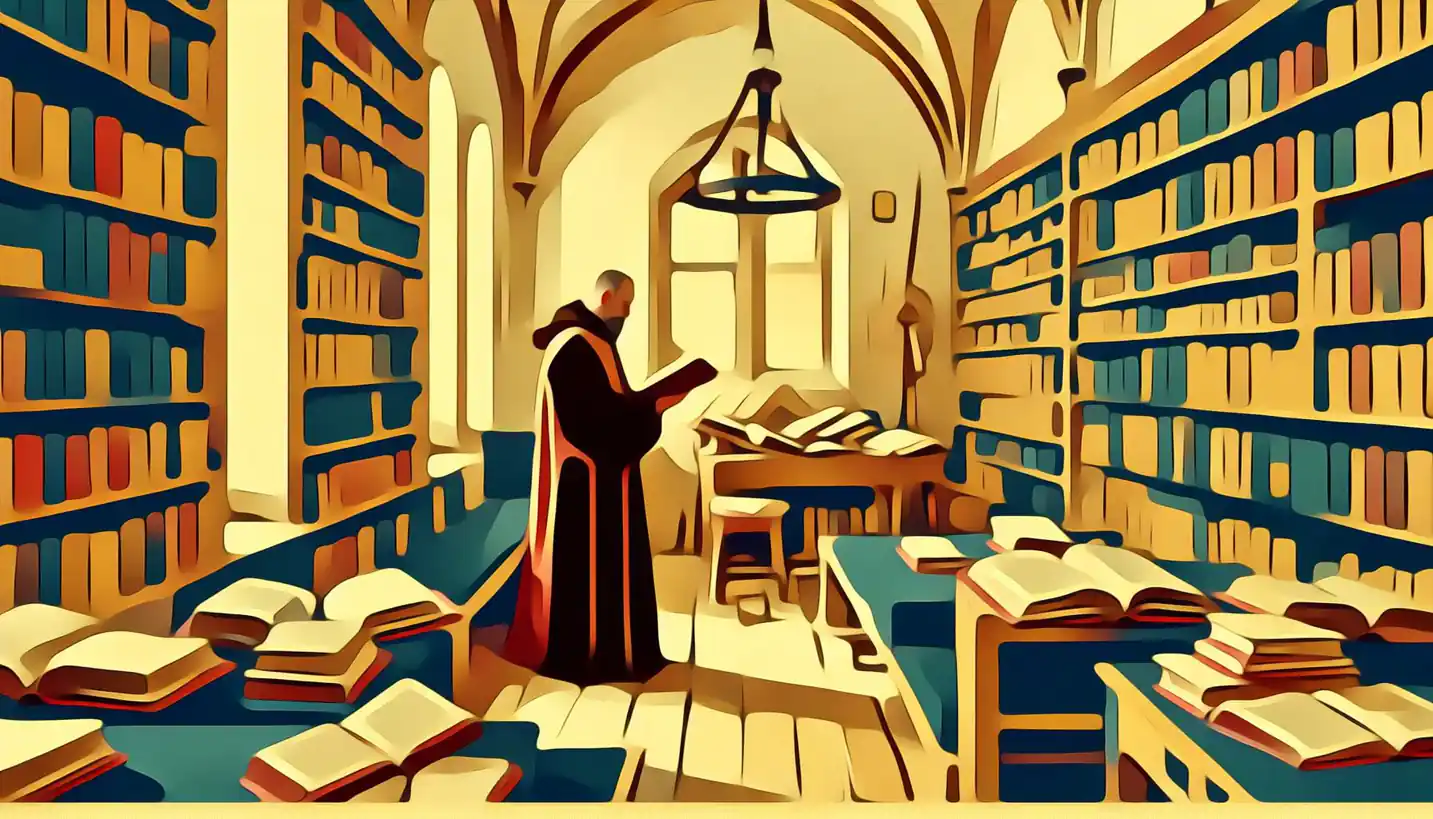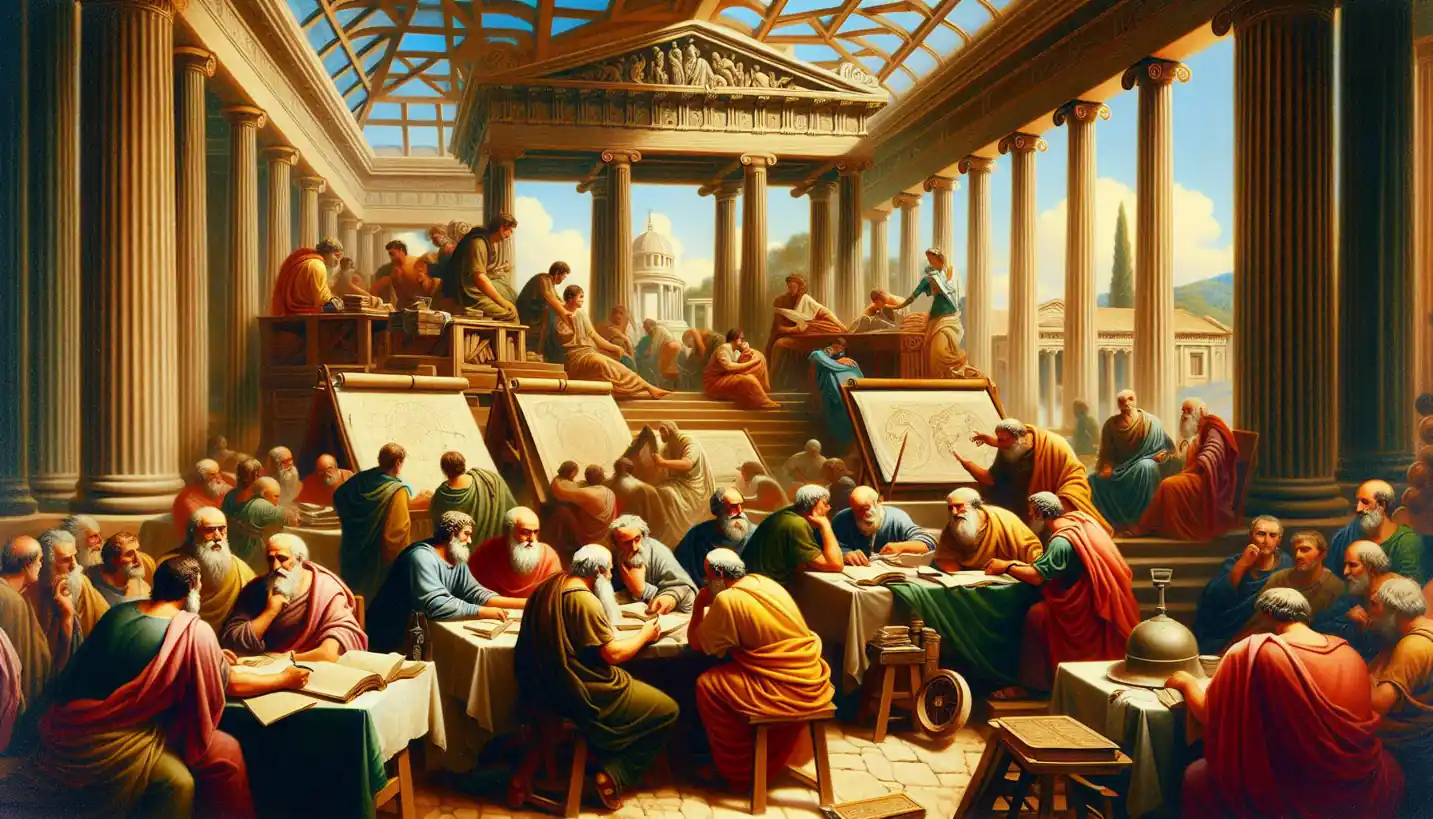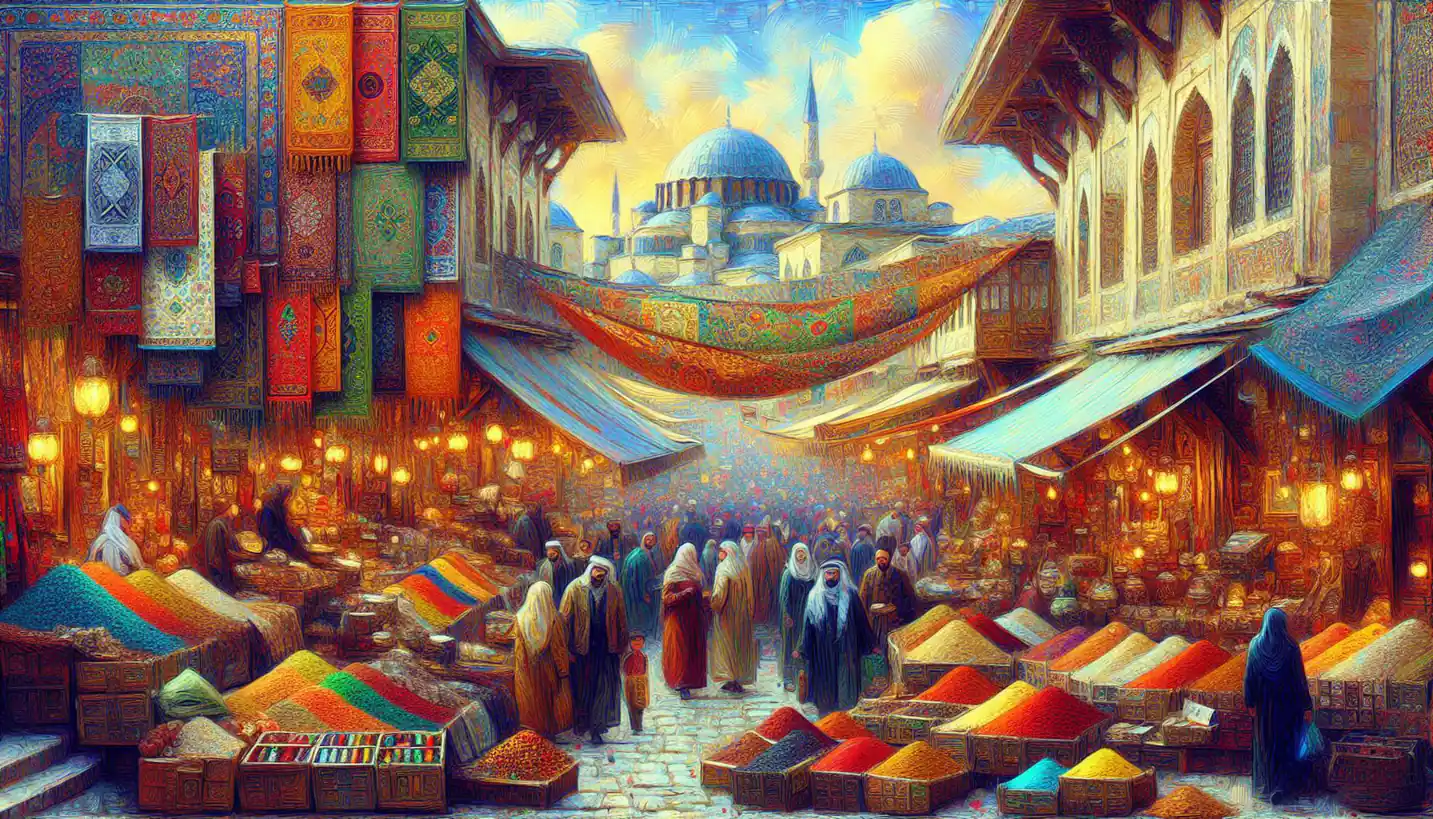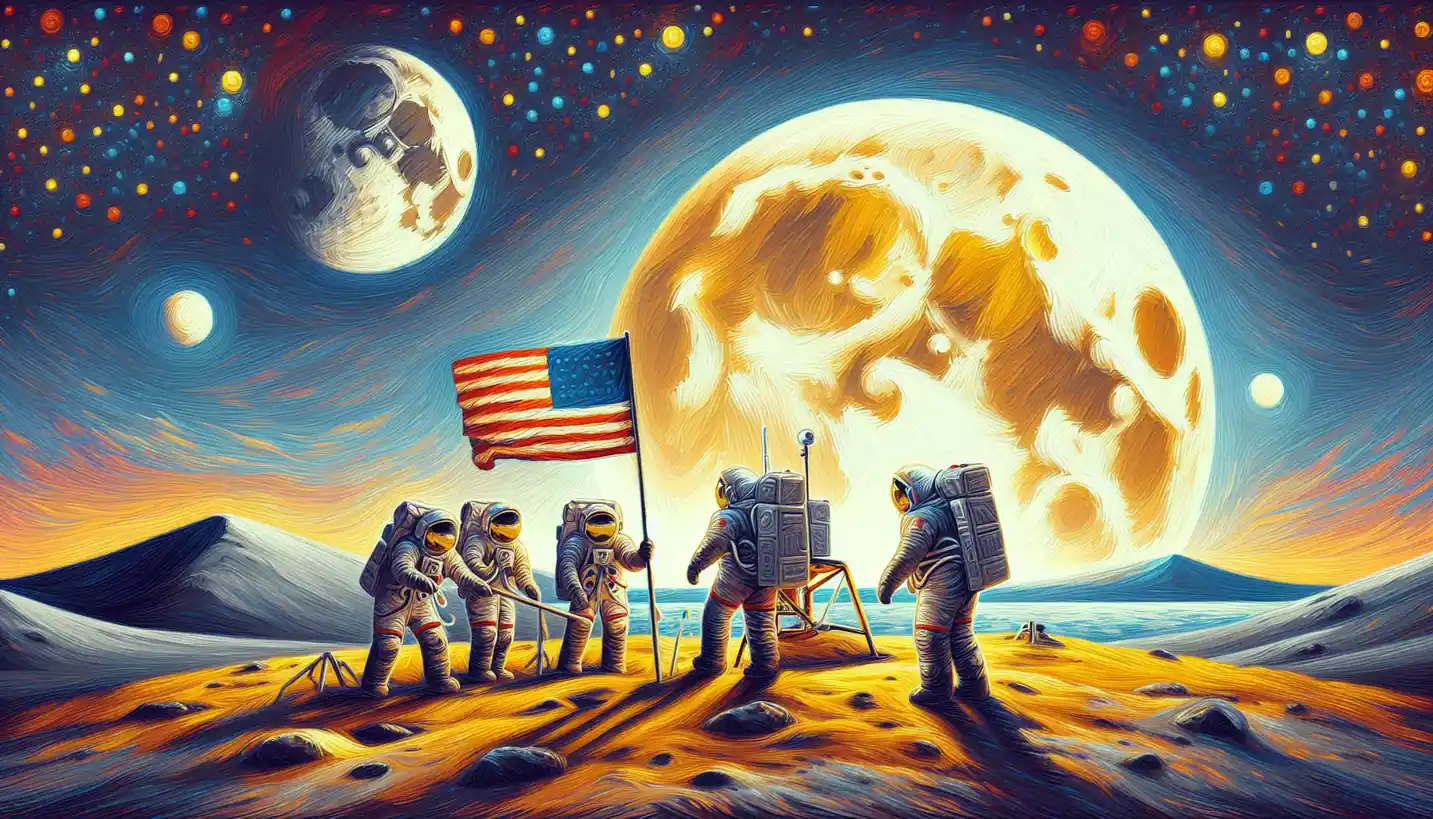· History · 3 min read
Historiographical Debate: Navigating Perspectives in History
Historiographical Debate enriches our perspective by presenting diverse interpretations of historical events. Engage with the dynamic discussions that shape our understanding of history.

When we think about history, it’s easy to picture a straightforward timeline of events. However, the reality is far more intricate. Historiographical debate is the examination of how history is written, the different perspectives historians bring, and how these narratives are shaped over time.
Understanding Historiography
Historiography isn’t just about studying past events; it’s about understanding how those events are presented and interpreted. It’s as if history is a giant jigsaw puzzle, but each historian may have a different way of assembling the pieces. They might focus on different areas, use different sources, or apply different theories. This leads to varied interpretations, creating rich debates that shape our understanding of the past.
The Role of the Historian
Think of historians as storytellers. Each historian brings their background, biases, and viewpoint, which influences the stories they tell about the past. A story rooted in economic theory will sound different from one focused on cultural aspects. For example, when studying the Industrial Revolution, some historians emphasize the economic transformation, while others might highlight its social impacts.
Different Schools of Thought
Just like in any field, history has its schools of thought. These are different ways of interpreting the past. You might have heard of Marxist historians, who look at history through the lens of class struggle and economics. Then there are Annales historians, who focus on long-term social history rather than individual events. Each school offers a unique lens, contributing to the historiographical debate.
The Impact of New Evidence
As new evidence comes to light, our understanding of history can change dramatically. Imagine piecing together a complex puzzle without all the pieces, only to find more pieces years later. Such is the nature of historical research. Newly discovered documents or archaeological finds can challenge established narratives, sparking fresh debates and perspectives.
Debates in Historiography
Historiographical debates often revolve around major historical figures or events. Take Christopher Columbus, for example. Traditional narratives have celebrated him as a heroic explorer who discovered the New World. However, more recent interpretations have examined the impact of his voyages on Indigenous peoples, leading to a broader debate on colonialism.
Or consider the various interpretations of the fall of the Roman Empire. Was it due to internal decay, barbarian invasions, or a combination of factors? Each historian might emphasize different elements, contributing to an ongoing debate.
Why Do These Debates Matter?
These debates are crucial because they remind us that history isn’t fixed; it’s a dynamic field. As we interpret the past, we also reflect on our present and future. These varying narratives can influence everything from national identity to policy decisions. Understanding the debates allows us to critically engage with different perspectives, fostering a more nuanced understanding of history.
Encouraging Curiosity
The world of historiographical debate opens up numerous questions. How do different cultural backgrounds shape historical narratives? What role do power dynamics play in the telling of history? These questions encourage us to think critically about the forces that shape our world.
As readers and learners, diving into these debates can be incredibly rewarding. It offers a chance to see history not as a set of static facts but as a living dialogue that evolves with each generation.
Conclusion
Historiography, with its debates and varying perspectives, enriches our understanding of history. By viewing history as a conversation rather than a monologue, we gain insight into the complexities of the human experience. So next time you read about a historical event, consider the invisible threads of debate and interpretation that weave through it. These threads make the tapestry of history vibrant and endlessly intriguing.


